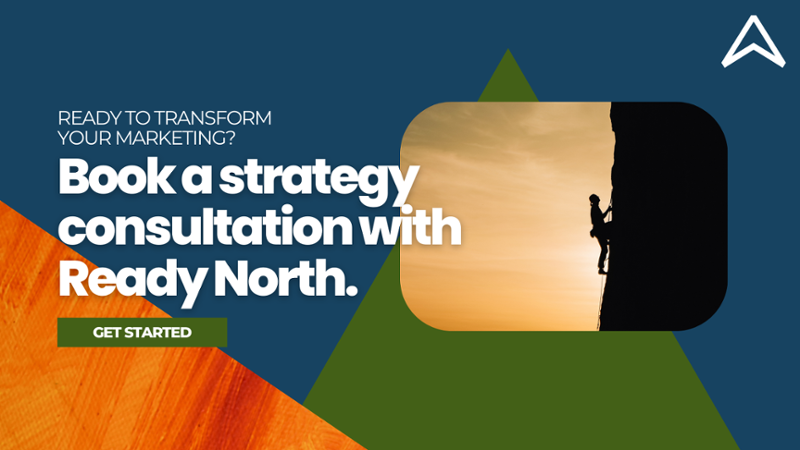 U.S. travelers are expected to make up to 488.8 million business trips per year by the year 2020.
U.S. travelers are expected to make up to 488.8 million business trips per year by the year 2020.
Traveling to in-person meetings is a great way to build relationships and inspire big ideas for your client. But, they can be intimidating—especially if it’s your first one.
So how can you ensure you are properly prepared and ready to take on your first big trip?
I recently went on my first long-distance business trip and wanted to share a few vital tips that can help set you up for success, while also having fun along the way!
1. Meet with your team.
Organization is key to ensure your business trip goes off without a hitch. Before you jet set off to your destination, sit down with your team members to discuss specifics, such as:
- Logistics (e.g. departure and arrival time, meeting place, etc.)
- Lodging
- Travel details
- What to pack
- Technology and apps to make your trip easier (e.g. Uber, Google Maps, OpenTable)
Chances are one of your other team members will have been on a business trip before; so use them as a resource. Don’t be afraid to ask questions, such as, “What type of outfits should I pack?” or “What does a typical day look like during business trips?”
2. Properly prepare.
Collaborate with your team to deliver maximum value while you’re visiting. When preparing for your in-person meeting, plan ahead with the following action items:
- Create an agenda to help stay on-task. Send a sample agenda to your client a week in advance to better understand expectations. Consider asking your client what they hope to get out of the in-person meeting so you can be prepared for any and all questions.
- Compile a strategic and well-thought out deck to deliver big ideas. This is a great opportunity for you to showcase your skillsets to your client.
- Delegate specific roles and responsibilities. Determine who will be in charge of what, such as making reservations, presenting information to the client, etc.
- Practice, practice, practice. Run-through all meeting materials and information prior to your trip to ensure you are knowledgeable about various items that will be discussed.
Proper preparation can ensure your in-person meeting runs smoothly.
3. Make use of travel time.
Travel time, especially when traveling long distances, can be boring. So why not make the most of your time?
When traveling, whether by car or plane, prioritize projects that don’t require internet connection. Being disconnected from the internet may also give you the chance to really buckle down and tackle to-dos you haven’t gotten to in the office.
Traveling also gives you ample face-time with company leaders or senior level coworkers. Think of specific topics or ideas you have been wanting to discuss, or pick their brain to fuel intelligent (and fun) conversation.
Also, consider asking more experienced coworkers how they stay productive and make the most out of travel time, like catching up on emails to avoid being overwhelmed upon your return.
4. Nurture in-person relationships.
Business trips can be a great way to nurture client relationships and build trust, especially if you’re in a long-distance working relationship. If you and your client are still getting to know each other, consider prepping fun icebreakers to drive early conversation.
Although it’s important to infuse intelligent and expertise into conversation, it’s also okay to keep it causal. Remember that people want to work with people, not robots. As a nice touch point, don’t forget to write down your client’s life milestones (e.g. having a baby or getting married). These gems will allow you to continue to have meaningful conversations even after you’re gone.
After meetings are complete or even if you’re looking for a break, consider taking your clients out for coffee, lunch, dinner or drinks. Bottom line: get to know each other as people, and not just professionals.
5. Set personal goals.
Embrace your first business trip as a time to shine.
Sit down and think about what you would like to accomplish on your first trip, and set some personal goals for yourself. For example, challenge yourself to present valuable information or share ideas during brainstorm sessions.
Not only setting goals, but also achieving them, will help you grow as a professional and help your client gain trust in you along the way.
How do you ensure your business trips are successful? Share with us in the comments below.

%20Logo_BlueOrange_Trademark.png?width=800&height=269&name=Ready%20North%20(RN)%20Logo_BlueOrange_Trademark.png)




.jpg?width=300&name=Services%20Hub%203%20(3).jpg)


